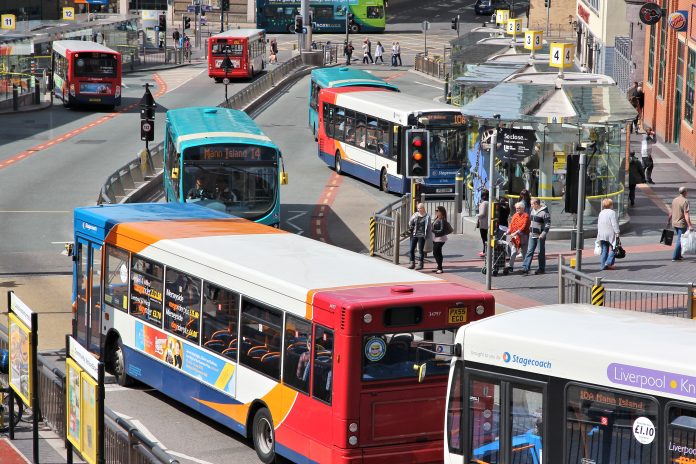Millions of bus passengers across England benefit from the government’s new £150 million investment to keep bus fares affordable
Starting January 1, 2025, as part of the Plan for Change, the government has committed to capping single bus fares at £3 for many routes through to the end of 2025.
By doing this, the government hopes to help reduce travel costs, especially in rural town areas where public transport is important for mobility. This plan comes after the government stepped in to prevent the end of the fare cap that was originally set to expire at the end of 2024.
The rising cost of bus fares was expected to put many passengers back, with some routes seeing prices significantly rise. For example, a trip from Leeds to Scarborough was expected to go from £15 to an unaffordable level for many passengers without government intervention. But thanks to the new fare cap, passengers on this route will save 80% on their fares, paying just £3 instead.
The £150 million investment is part of a wider effort to reinvest in the UK’s bus services. In addition to the fare cap, the government has already allocated nearly £1 billion to improve bus service frequency and reliability.
These two measures look to make bus travel more affordable and accessible, especially for those in communities where public transport is often the only option for getting around.
Key benefits of the £3 bus fare cap
The fare cap is about reducing costs and making travel easier and more affordable for everyone.
Passengers could see up to 80% savings on some major routes, making public transport a easy option for more people. For example, the route from Newcastle to Middlesbrough, which would have cost £8, will now be capped at £3, saving passengers 63%. A trip from Hull to York, normally priced at £8.50, will also see a reduction of 65%, with fares capped at £3.
In rural communities, where bus services are essential for daily activities like commuting to work, going to the doctor, or visiting friends and family, affordable travel can help reduce isolation and improve access to opportunities.
By capping fares at £3, the government guarantees that bus services remain an appealing and cost-effective transport option for people who rely most on them.
The long-term strategy for local control
The government will also introduce the Bus Service Bill in their plans. The bill, progressing through Parliament, will give local authorities more control over their bus services.
Local leaders, like Andy Burnham in Greater Manchester and Tracy Brabin in West Yorkshire, have already pledged to fund their own schemes to keep fares below the £3 cap in their regions.
The Bus Services Bill aims to decentralise decision-making about bus routes, timetables, and fares, allowing local authorities to design transport systems that work for their specific communities.
This will enable them to establish bus franchises, own services, and ensure they meet the needs of local passengers more effectively. The goal is to reverse decades of decline in bus services, particularly after years of service cuts that left many communities with fewer transport options.
Addressing decline and inefficiency
Over the past 40 years, bus services in the UK have faced a gradual decline. Since 2010, the number of miles driven by buses has dropped by approximately 300 million, largely due to service cuts and a lack of investment.
The new government initiative is a step toward reversing this decline. By putting more money into affordable bus fares, improving the reliability of services, and handing more power to local authorities, the government hopes to create a bus network that serves communities better. With local control over routes, timetables, and pricing, communities can shape their transport systems to reflect their needs and ensure services are sustainable in the long term.
The £150 million investment in bus fare caps is a welcome development for millions of passengers across England, making bus travel more affordable and accessible.
By capping fares at £3, the government offers significant savings to passengers, with some routes seeing discounts of up to 80%. This move, alongside the Bus Services Bill, hopes to ensure that buses remain vital to the UK’s transport system, particularly in rural and underserved areas.











